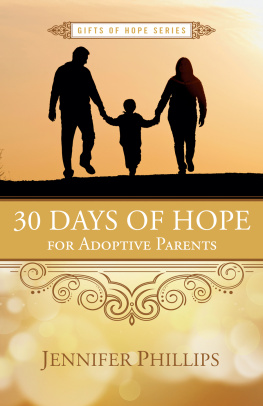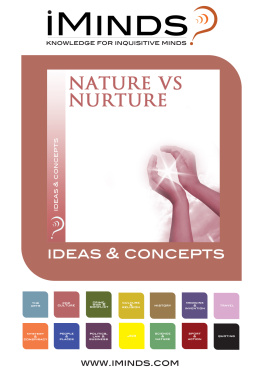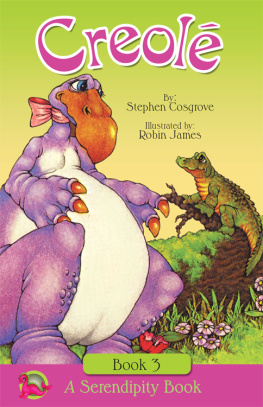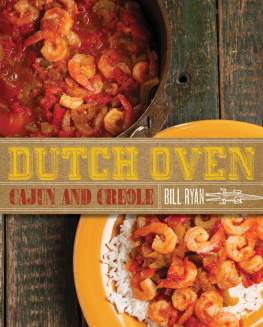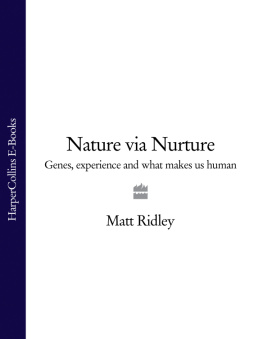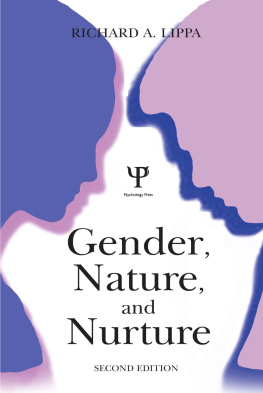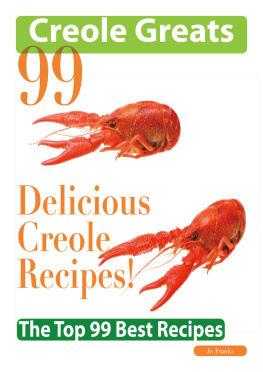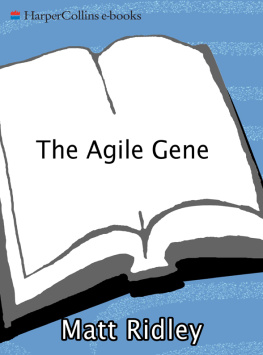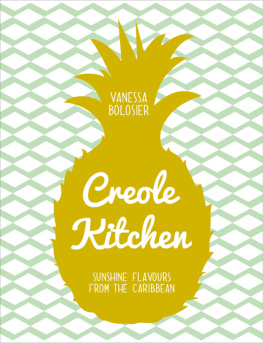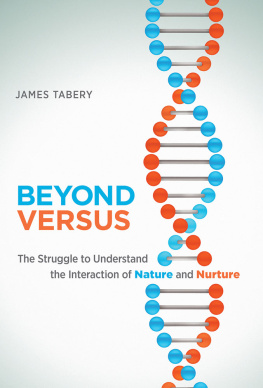E. Kay Trimberger - Creole Son: An Adoptive Mother Untangles Nature and Nurture
Here you can read online E. Kay Trimberger - Creole Son: An Adoptive Mother Untangles Nature and Nurture full text of the book (entire story) in english for free. Download pdf and epub, get meaning, cover and reviews about this ebook. year: 2020, publisher: LSU Press, genre: Home and family. Description of the work, (preface) as well as reviews are available. Best literature library LitArk.com created for fans of good reading and offers a wide selection of genres:
Romance novel
Science fiction
Adventure
Detective
Science
History
Home and family
Prose
Art
Politics
Computer
Non-fiction
Religion
Business
Children
Humor
Choose a favorite category and find really read worthwhile books. Enjoy immersion in the world of imagination, feel the emotions of the characters or learn something new for yourself, make an fascinating discovery.

- Book:Creole Son: An Adoptive Mother Untangles Nature and Nurture
- Author:
- Publisher:LSU Press
- Genre:
- Year:2020
- Rating:5 / 5
- Favourites:Add to favourites
- Your mark:
- 100
- 1
- 2
- 3
- 4
- 5
Creole Son: An Adoptive Mother Untangles Nature and Nurture: summary, description and annotation
We offer to read an annotation, description, summary or preface (depends on what the author of the book "Creole Son: An Adoptive Mother Untangles Nature and Nurture" wrote himself). If you haven't found the necessary information about the book — write in the comments, we will try to find it.
Creole Son: An Adoptive Mother Untangles Nature and Nurture — read online for free the complete book (whole text) full work
Below is the text of the book, divided by pages. System saving the place of the last page read, allows you to conveniently read the book "Creole Son: An Adoptive Mother Untangles Nature and Nurture" online for free, without having to search again every time where you left off. Put a bookmark, and you can go to the page where you finished reading at any time.
Font size:
Interval:
Bookmark:
Creole Son
Creole Son
An Adoptive Mother Untangles
Nature & Nurture
E. KAY TRIMBERGER
Introduction by Andrew Solomon

Louisiana State University Press
Baton Rouge
Published by Louisiana State University Press
Text copyright 2020 by E. Kay Trimberger
Introduction 2020 by Andrew Solomon
Afterword 2020 by Marc Trimberger
All rights reserved
Manufactured in the United States of America
LSU Press Paperback Original
First printing
DESIGNER: Mandy McDonald Scallan
TYPEFACES: Whtiman, text: Gotham, display
PRINTER AND BINDER: LSI
Names: Trimberger, Ellen Kay, 1940 author. | Solomon, Andrew, 1963author.
Title: Creole son : an adoptive mother untangles nature and nurture / E. Kay Trimberger ; introduction by Andrew Solomon.
Description: Baton Rouge, LA : LSU Press, 2020. | Includes index.
Identifiers: LCCN 2019042892 (print) | LCCN 2019042893 (ebook) | ISBN 978-0-8071-7310-7 (paperback) | ISBN 978-0-8071-7324-4 (pdf) | ISBN 978-0-8071-7325-1 (epub)
Subjects: LCSH: Trimberger, Ellen Kay, 1940 | Trimberger, Marco, 1981 | Interracial adoptionCalifornia. | Interracial adoptionLouisiana. | BirthparentsLouisiana. | FamiliesLouisiana. | AdopteesDrug useUnited States. | Nature and nurtureUnited States.
Classification: LCC HV875.64 .T75 2020 (print) | LCC HV875.64 (ebook) | DDC 362.73092 [B]dc23
LC record available at https://lccn.loc.gov/2019042892
LC ebook record available at https://lccn.loc.gov/2019042893
The paper in this book meets the guidelines for permanence and durability of the Committee on Production Guidelines for Book Longevity of the Council on Library Resources. 
For my son and our extended families, biological and adoptive
Definition of a Louisiana Creole:
Gumbo, thats what we are ... a little bit of everything, Black, White, French, Indian, a delicious stew.
BLISS BROYARD, One Drop
CONTENTS
, by Andrew Solomon
by Marc Trimberger
INTRODUCTION
Andrew Solomon
This is both a rigorous and a brave volume, both a meticulous study of behavioral genetics and a deeply personal story of the complex relationship between the author and her adopted son, Marco. It explores cultural touchstones such as race, addiction, and love, and it does so with compassion and sadness. It argues for the primacy of nature over nurture, for the vanity of molding an adopted child so that he becomes a reflection of his adoptive parent. But Kay Trimbergers approach is never reductive. This is a book about the same lessons learned two ways: painfully, by living them; and restoratively, by studying them. Kay Trimberger is given to neither effusion nor self-pity, and her intellectual nature frames this book, but the emotions nonetheless run high. It is the story of her decision to adopt her Creole son, Marco; of his enchanting childhood; of his tumultuous adolescence; of his dysfunctional early adulthood; and of the crazy range of hopes and frustrations she endured through each of these phases as she strove for better consequences. It is also a warning about the dangers that ensue when public opinion goes too far toward narratives of exclusive parental power (as it did in the post-Freudian mid-twentieth century) or too far toward complete parental impotence (as it did in the early twenty-first century). As a sociologist, I noticed that this attempt to make an adopted family identical to a biological one coincided with the decline of extended family ties and the idealization of the nuclear family, Kay Trimberger writes. She sets the social context for her book in lucid prose, painting a succession of hard-won insights. Like many parents, she loved her son more deeply than she knew him and she had to discover who he was as he emerged into a troubled coherence.
At the end of the seventeenth century, in his Essay Concerning Human Understanding, John Locke wrote, Let us then suppose the mind to be, as we say, white paper void of all characters, without any ideas. How comes it to be furnished? Whence comes it by that vast store which the busy and boundless fancy of man has painted on it with an almost endless variety? Whence has it all the materials of reason and knowledge? To this I answer, in one word, from EXPERIENCE. He wrote in a famed 1690 letter, I imagine the minds of children, as easily turned, this or that way, as water itself. These reflections were made, it has since been wryly noted, by a man who never had children himself. Yet his supposition that children are tabula rasa has penetrated our culture, and a glut of parenting advice books effectively offer you a chance to shape your child however you like. Kay Trimberger maintains that nature is predominant but is profoundly shaped by nurture.
The Lockean idea of an all-powerful nurture reached an alarming apotheosis in the diverse work of the psychiatric pioneers Sigmund Freud, Karl Jung, Leo Kanner, Bruno Bettelheim, Margaret Mahler, and others who believed that a parents actions could make an otherwise straight child gay, an otherwise sane child schizophrenic, an otherwise communicative child autistic. Those attributions were discounted in the later twentieth century, as clinicians observed that no parent is powerful enough to bring about such profound alterations of a childs core being. But the notion of what we might call parental determinism continues to surface today. Parents trade on the cachet of their childrens accomplishments as though implicated in them, and there is seldom a news report of adolescent psychopathy that does not implicate parents or parental figures. Addiction is the result of an impoverished childhood, adult divorce the consequence of surviving divorce in the early years. Books of parental advice explain how to bring up a happy child, a successful child, a calm child, a child with any number of other attributes that are in many respects entirely outside of a parents power. Lockes basic understanding of the strength of nurture has continued to inform the idea that parents can make their children into themselves.
The testing ground for such theories has been adoption. That is not because many researchers in these fields had any particular interest in adoption itself; it is because adoption gives the most arresting context for the separation of nature and nurture, as children are brought up by people to whom they have no genetic relationship, and whose predispositions they are therefore unlikely to have inherited. There have been many such studies. The most intense ones look at identical twins separated at birth and brought up without contact. But the studies that are simply of adoptive families have almost equal power. The nurture arguments support the practice of adoptions heroic narrative, in which a child who would otherwise have been neglected and alone is swept up into the loving arms of parents who can give that child everything. This was the dominant narrative during the Baby Scoop era that went from World War II until the 1970s. But there is an antiheroic narrative of adoption, too, one that has been on the rise for the last thirty years or so, in which people of relative privilege take children out of the only context that would ever have made sense to them and try to force them into norms that are antipathetic to them. For the time being, at least, that is the ascendant one. It acknowledges the force of multifaceted nurture complications that no one had identified to Kay when she adopted Marco, including so-called adoption traumathe sense of rejection and displacement that many adopted people derive from the loss of birth parents, family, and context. Such early disruption can lead to difficulties with trust, attachment, and permanence.
Next pageFont size:
Interval:
Bookmark:
Similar books «Creole Son: An Adoptive Mother Untangles Nature and Nurture»
Look at similar books to Creole Son: An Adoptive Mother Untangles Nature and Nurture. We have selected literature similar in name and meaning in the hope of providing readers with more options to find new, interesting, not yet read works.
Discussion, reviews of the book Creole Son: An Adoptive Mother Untangles Nature and Nurture and just readers' own opinions. Leave your comments, write what you think about the work, its meaning or the main characters. Specify what exactly you liked and what you didn't like, and why you think so.

